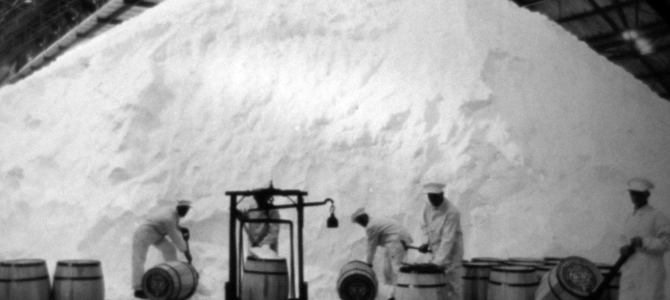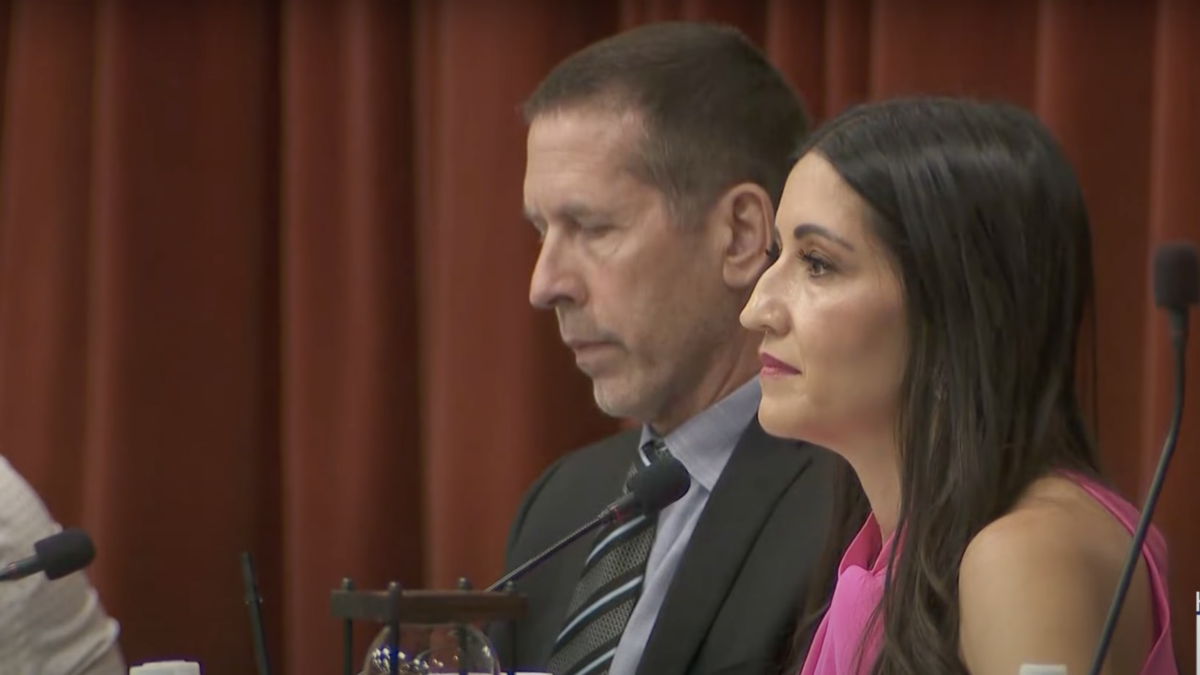In June 2019, around the time staffers at Vox Media unionized, Ben Domenech, the publisher of this website, jokingly tweeted from his personal Twitter account: “FYI @fdrlst first one of you tries to unionize I swear I’ll send you back to the salt mine.”
A Twitter troll named Joel Fleming, who has no connection to The Federalist, filed a charge with the National Labor Relations Board (NRLB), claiming Ben’s tweet amounted to a violation of labor law by parent company FDRLST Media: threatening reprisal against those wishing to form a union.
The NLRB’s general counsel decided this random person met the statutory definition of a “person aggrieved” by Domenech’s “unfair labor practice” and filed a complaint based on that charge. In other words, a government agency made a joke tweet into a federal case.
Even more remarkably, the NLRB’s administrative law judge ruled against Domenech, as did the board itself, ordering him to delete the tweet, among other relief. That order has been appealed to the Philadelphia-based U.S. Court of Appeals for the Third Circuit (which covers Delaware, where FDRLST Media is registered as a limited liability company, or LLC).
My own Cato Institute, joined by a motley crew of jokesters and free-speech advocates — including former American Civil Liberties Union president Nadine Strossen, satirist P.J. O’Rourke, and Las Vegas headliners Penn & Teller — has now filed an amicus brief supporting FDRLST Media. Following our long tradition of “funny briefs,” it makes light of the law at issue and lambasts the government for being humorless.
This case can be resolved on the basis of one fact: Domenech’s tweet was a joke, not a threat. We know this because he sent it out to his more than 80,000 followers — and anyone else who might find it through retweets or other shares.
That’s not the typical modus operandi for breaking federal labor law. If Domenech had really wanted to punish the six employees of FDRLST Media at the time, he would have done it in an email. And if he really really wanted to punish them, he would have done it in a proverbial meeting (now via Zoom?) that could have been an email.
The tweet was also clearly a joke because it was, well, funny. FDRLST Media is not a cartoonishly evil mega-conglomerate with its own salt mine. Those who approach company headquarters need not fear that Monty Burns Domenech might “release the hounds.” For that matter, there are no company headquarters, or at least offices; long before the pandemic, The Federalist writers and staff all worked remotely.
But Ben’s tweet played into that evil-industrialist trope for humorous effect. There’s no indication any FDRLST employee viewed it as anything more than a joke because no reasonable FDRLST employee could have viewed it as anything but a joke. Indeed, two employees filed sworn affidavits to that effect.
Amazingly, the administrative law judge dismissed the probative value of these interpretations, holding that under NLRB precedent a “subjective interpretation from an employee is not of any value” to the analysis of whether it was objectively threatening. The NLRB likewise deemed these employees’ interpretations “irrelevant.”
I’m of course in a unique position of being both a senior contributor to The Federalist — which means I’m an independent contractor, not an employee — and counsel of record on Cato’s amicus brief, but I took it as a joke as well. Indeed, from my experience emailing with staff, I can attest that just as writers take Domenech’s story requests to heart, nobody takes his tweets seriously. (Full disclosure: neither Domenech nor anyone else at FDRLST Media contributed to Cato’s brief, either editorially or financially, or even asked me to file it.)
Finally, I should stress that, even though the tweet was a joke, this case is not. If you can be hauled into court and found in violation of federal law on the basis of satire, sarcasm, or hyperbole, everyone will self-censor his humor, to the detriment of freewheeling discourse.
Will the NLRB next come for motivational posters saying, “The beatings will continue until morale improves”? Will exasperated exhortations on Twitter to “burn it all down” lead to house calls from the FBI?
It would be better not to start down that path. The NLRB should learn to take a joke.









